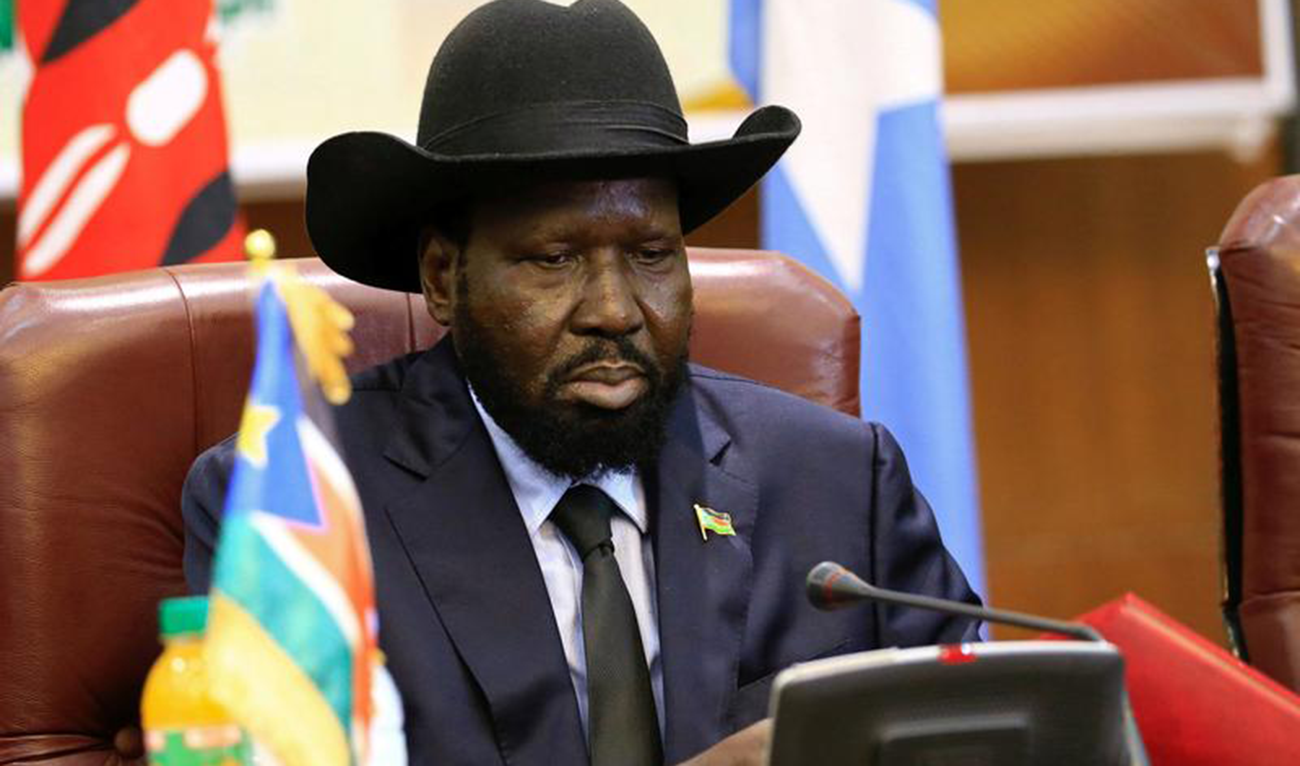
NEW YORK: The head of the UN Mission in South Sudan (UNMISS) has urged the international community to direct its attention to the country as it struggles to get back on its feet following a 2018 peace deal.
The agreement, signed by South Sudan’s President Salva Kiir with rebel factions, was designed to end a civil war that had killed over 50,000 people, displaced 2 million, and stalled the country’s political progress since it had gained independence in 2011.
While intercommunal violence remains a threat, political violence has reduced significantly since the peace deal was signed.
UNMISS chief David Shearer praised the progress made in the formation of a transitional government, led by Kiir with First Vice President Dr. Riek Machar.
“These achievements are to be commended, but progress is lagging,” Shearer warned, adding that many other peacebuilding benchmarks stipulated in the deal, such as the Transitional Security Arrangements aimed at unifying the security forces, continue to stagnate.
“This hold-up leaves a local vacuum of power and makes it difficult to nip in the bud brewing intercommunal violence,” he said.
Briefing a virtual meeting of the UN Security Council (UNSC), Shearer stressed the importance of international engagement in driving the momentum of the peace process in South Sudan.
The lack of international support and guidance contributes to “the sense of drift that people are frequently remarking upon,” he said.
“Nevertheless, collectively we still need to remain focused on South Sudan and guide the peace implementation.”
Despite a recent 64 percent drop in violent incidents, 2,000 people lost their lives this year in intercommunal conflicts that are being “weaponized and turbocharged by external actors acting in their own economic or political interests,” Shearer said.
He warned of an imminent descent into chaos, prompted by several factors that have come to form a “perfect storm” on top of the widespread poverty the South Sudanese are reeling under.
The top UN envoy to the country told ambassadors that severe food insecurity is plaguing half the population.
“It’s driven by displacement from conflict and severe flooding, which is affecting around a million people, with the loss of livestock and crops,” he said.
Amid fears that tensions may worsen with the onset of the dry season — which often sees farmers competing over scant resources — and the worsening economic situation caused by the coronavirus pandemic, the specter of famine is now looming large over the world’s youngest nation.
The latest IPC Acute Food Insecurity analysis has found that communities in six South Sudanese counties are facing “famine likely” or “catastrophic” conditions.
Mark Lowcock, the UN humanitarian affairs chief, pointed to the link between “catastrophic levels of food insecurity” and violence.
“We see the highest levels of food insecurity in the places most affected by violence,” forcing civilians who are already in a precarious position to adopt “harmful coping mechanisms” such as early marriage or dropping out of school, Lowcock told the UNSC.
The UN has allocated $40 million for South Sudan this year, but he called for more funding to meet growing needs.
“We need more funding to ensure food and livelihoods, health services and other lifesaving programs are supported (across) the entire country,” he said.
Shearer said: “What South Sudanese citizens want is very simple: Peace.” He urged parties “to take concrete steps to breathe fresh life into the (peace) process — above all, to compromise — to achieve the peace dividends that citizens deserve.”
He added: “As always, we’ll be right by their side, doing everything we can to make the hopes of the South Sudanese people for a peaceful and prosperous future a reality.”

South Sudan rebel leader-turned-VP tests positive for coronavirusSouth Sudan rebels reject president’s peace compromise

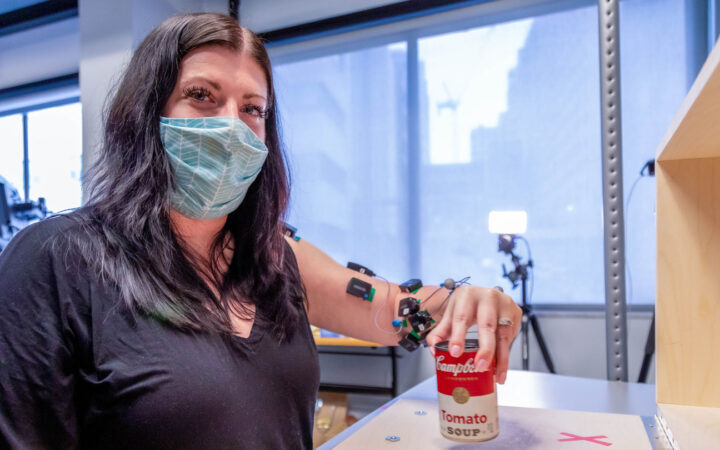 A new treatment could restore some mobility in people paralyzed by strokes
A new treatment could restore some mobility in people paralyzed by strokes  What has Perseverance found in two years on Mars?
What has Perseverance found in two years on Mars? 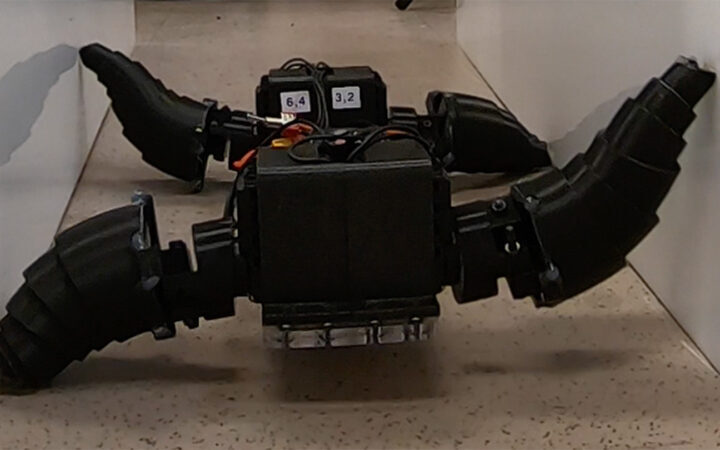 This robot automatically tucks its limbs to squeeze through spaces
This robot automatically tucks its limbs to squeeze through spaces 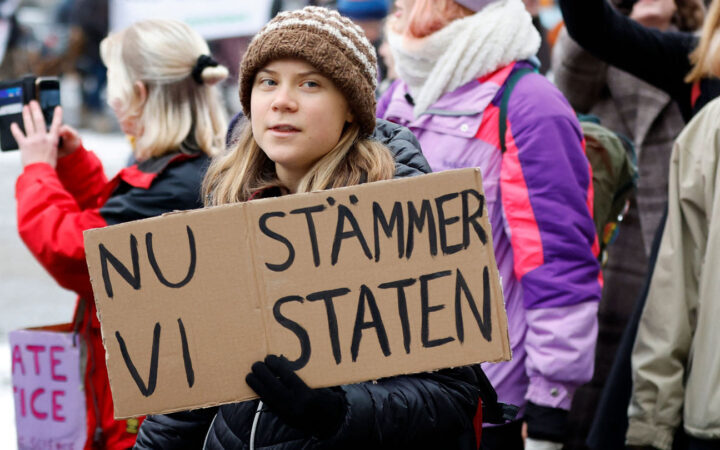 Greta Thunberg’s new book urges the world to take climate action now
Greta Thunberg’s new book urges the world to take climate action now  Glassy eyes may help young crustaceans hide from predators in plain sight
Glassy eyes may help young crustaceans hide from predators in plain sight 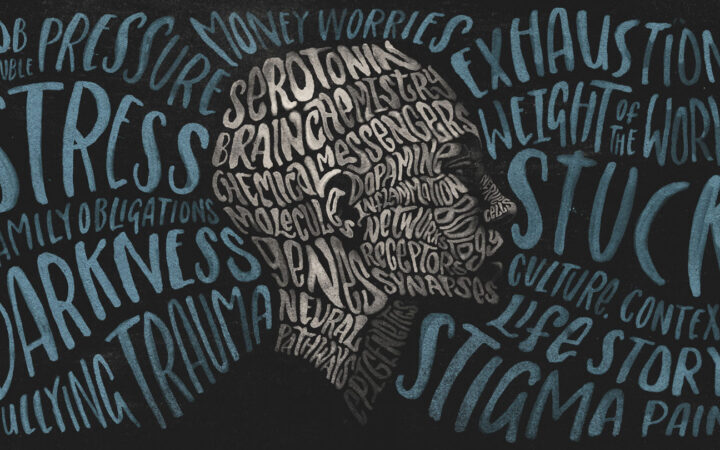 A chemical imbalance doesn’t explain depression. So what does?
A chemical imbalance doesn’t explain depression. So what does?